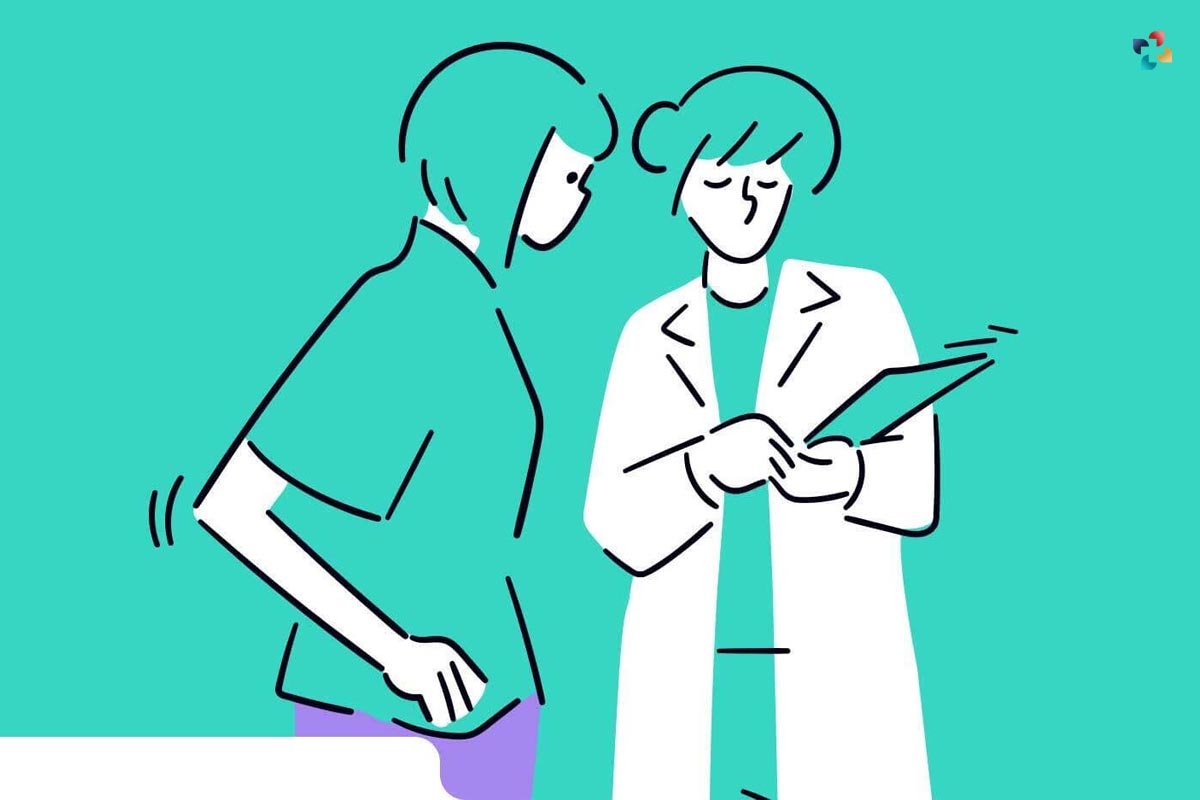The employment market in the Transforming AI in Healthcare is expanding at a rate that is faster than any other sector in the country. It may be very difficult to compete for great talent, which implies that the personnel issue that has been plaguing the medical business for quite some time will likely not improve for quite some time.
Not only do we confront a scarcity of healthcare doctors and nurses, but the demand for all types of healthcare workers is expanding at a rate that is quicker than it has in the past due to the aging of the baby boomer generation and greater technology breakthroughs for Transforming AI in Healthcare. Additional positions that are in great demand include administrative support workers, pharmacy technicians, physical therapists, and physician assistants.
Here is How Transforming AI in Healthcare, the talent experience;
1. AI helps recruiters to optimize the hiring funnel.
The way that we see the hiring process has evolved as a result of technological advancements. It is no longer comparable to a method that is carried out in a sequential order; rather, it resembles a funnel. Candidates with promise are gathered at the top of the funnel, and as they go farther down the funnel, they become closer and closer to being hired by your agency.

Throughout the process, applicants who are not a suitable fit are eliminated as a result of this weeding out. Tools like Crazy Egg and Yoast may assist recruiters in reaching prospects at the top of the candidate pool by assisting in the creation of search-friendly career pages, the improvement of URLs, and the acquisition of backlinks from the appropriate job listing websites.
Recruiters will be able to enhance job postings as well as search engine optimization (SEO) rankings for drug rehabs by using technology in this manner, which will assist prospects to locate them more rapidly in an internet search so that Transforming AI in Healthcare will be helpful. You may also go here if you’re seeking for reliable services that will bolster your company’s web visibility and they’re offering their assistance to you.
2. AI obtains the best candidate for the job.
Not only can technological advancements identify qualified candidates and filter out the unqualified, but emerging platforms can also draw upon data points to predict the cultural fit of a candidate, which enables recruiters to consider aspects of a prospective hirer that go beyond their skills and talents.
Recruiters may uncover people that have the ability to fulfill the standards for the position who otherwise wouldn’t have been considered with the use of predictive analytics. One example of Transforming AI in Healthcare would be employing an OR Assistant rather than an OR Nurse. It’s possible that you passed on potential individuals that have the same level of expertise as the others, if not a higher level of fit overall.
3. AI provides a better recruitment experience.
Candidates in today’s market are looking for jobs that would provide them with a more fulfilling professional experience. Not only the technical skill requirements but also the culture and lifestyle expectations of an employer need to be communicated to potential employees in the healthcare industry.

Candidates have come to demand personalization throughout the process, and they use it as a barometer to assess the company culture of the company doing the recruiting. The present workforce may provide recruiters with valuable data insight that can be used to assist adapt recruitment efforts.
The application process may be streamlined with the use of technology for Transforming AI in Healthcare, which also makes data collecting and the recruiting process easier. Millennial recruits may be attracted to a job site that is responsive and displays well on mobile devices via the use of chatbots, which can develop relationships with these applicants in a rapid and easy manner.
4. AI allows recruiters to target passive healthcare providers.
Artificial intelligence may be able to access latent pools of ability that have not yet been used. Due to the fact that 86% of doctors are not currently seeking for work, it is anticipated that the United States would have a shortage of 122,000 physicians by the year 2032.
Transforming AI in Healthcare, recruiters are able to broaden the scope of their applicant sourcing to include social media networks, professional groups, portfolio sites, résumé databases, and job boards. This program can analyze millions of profiles in a matter of seconds and find more applicants than traditional methods of candidate sourcing.

It may be possible to shift the balance between supply and demand by tapping into the pool of healthcare professionals who are not currently engaged in the job search process. Because of this, more than half of these healthcare professionals are eager to explore employment opportunities if they are presented with the chance to do so. This pulls physicians back into the field. Therefore, this may be an important strategy for meeting the requirements for staffing.
To Know More About Technology in Healthcare Visit: 20 Best Healthcare Inventions that Changed Our Way of Life











